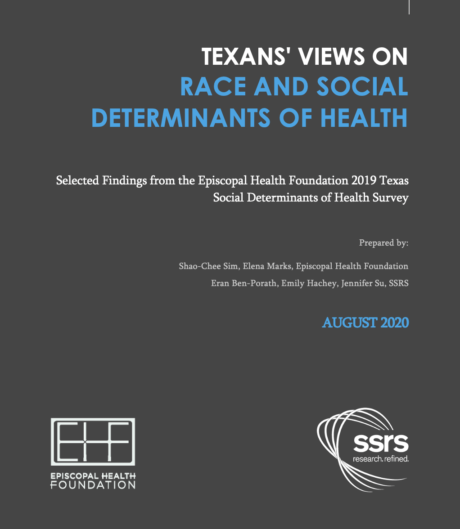
Texans’ Views on Social Determinants of Health and Race
Blacks and Hispanics in Texas are more likely than Whites to say that non-medical factors such as where you live, your level of education, and your immigration status are critical

Blacks and Hispanics in Texas are more likely than Whites to say that non-medical factors such as where you live, your level of education, and your immigration status are critical
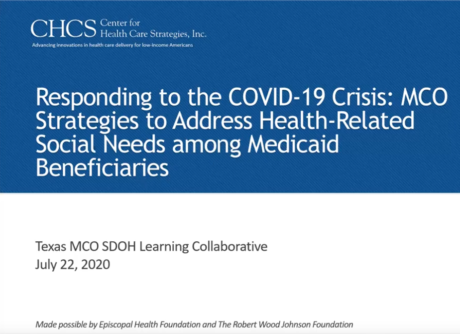
This webinar provides Texas Medicaid Managed Care Organizations with the opportunity to share and learn from one another about the challenges and opportunities to address members’ social needs during the
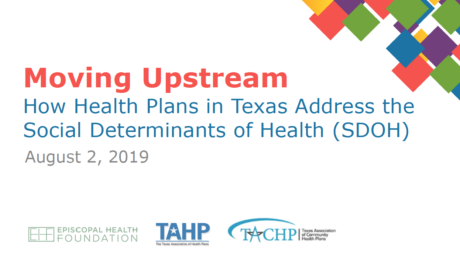
This webinar and slide presentation present findings from surveys and interviews with 14 Texas health plans regarding their efforts to address social determinants of health (SDOH) among their members. After
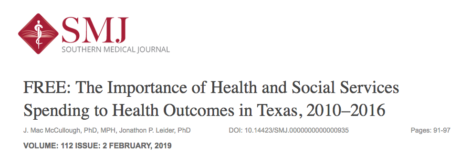
Investments in certain social services in Texas were associated with improvements in health outcomes, as measured by improvements in the County Health Rankings, in the years subsequent to spending increases.

Over the past several years, a dizzying array of new technology platforms have emerged with the shared aim of enabling health care organizations to more easily identify and refer patients

In 2017, the National Association of Community Health Centers (NACHC) worked with the Association of Asian Pacific Community Health Organizations (AAPCHO) and the Oregon Primary Care Association (OPCA) to construct
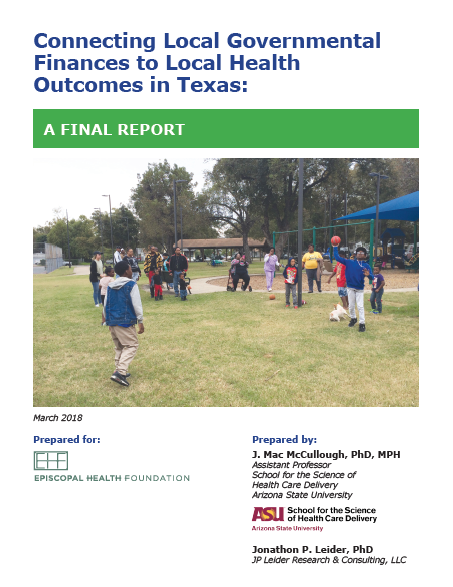
Increased public spending on services like public health, fire and ambulance, housing and community development, and libraries would likely lead to improved health outcomes for Texas counties. That’s just one
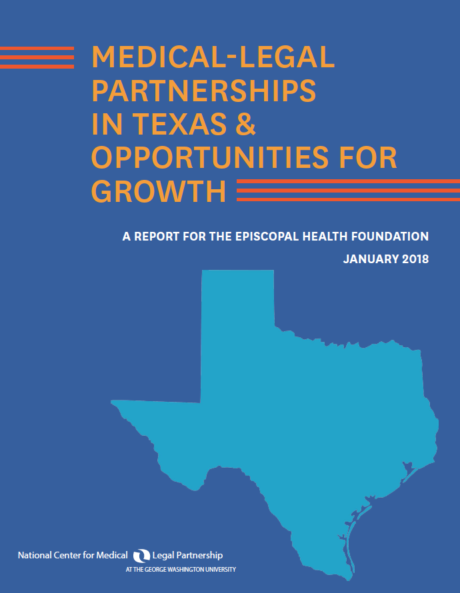
Medical-legal partnerships (MLPs) in Texas are gaining momentum. This report provides a brief overview of MLP activity in Texas to explore the potential for MLP development in health centers in
500 Fannin St. Suite 300
Houston, Texas 77002
713.225.0900
info@episcopalhealth.org
© 2023 Episcopal Health Foundation – All Rights Reserved. – Privacy Policy – Terms of Service